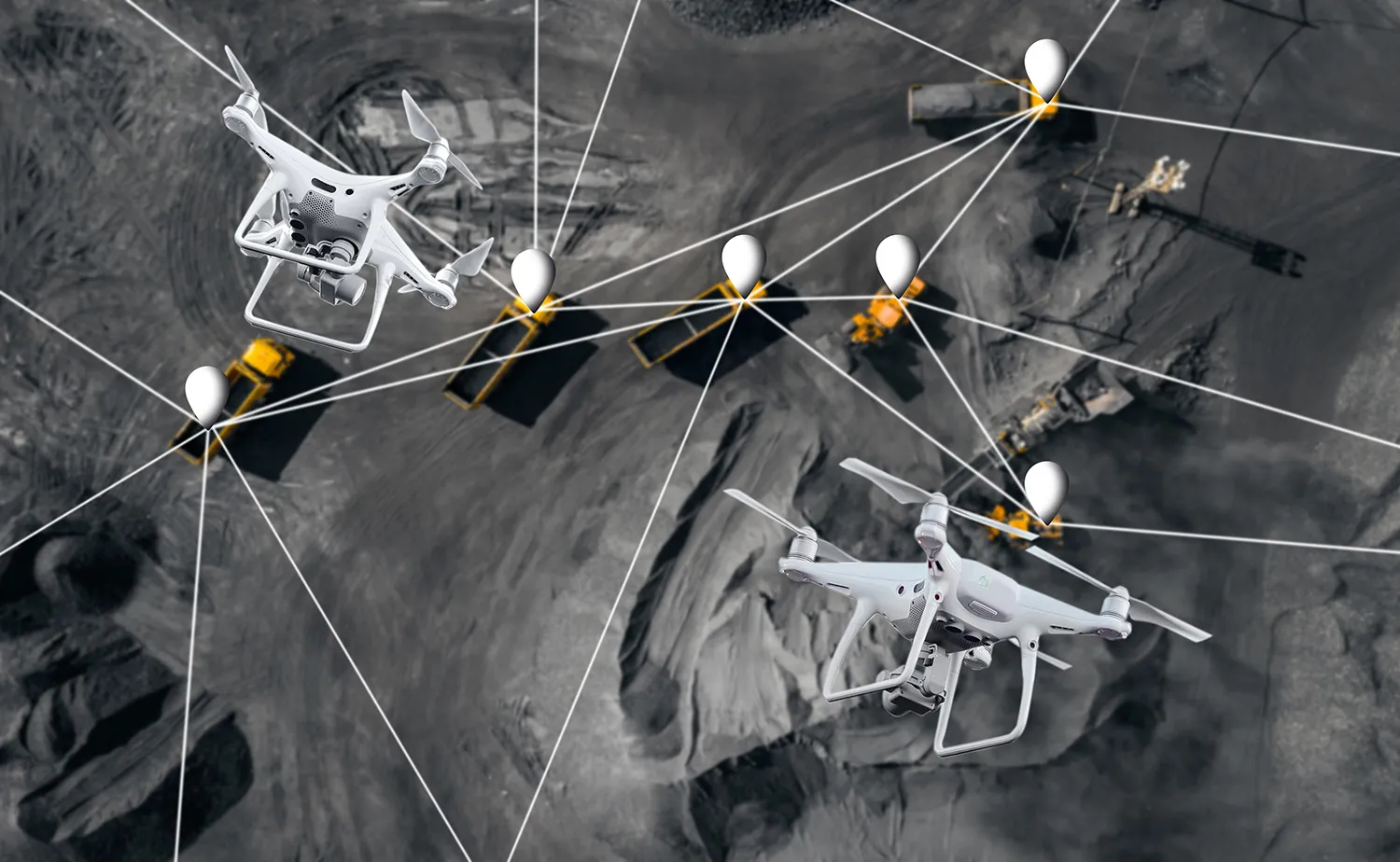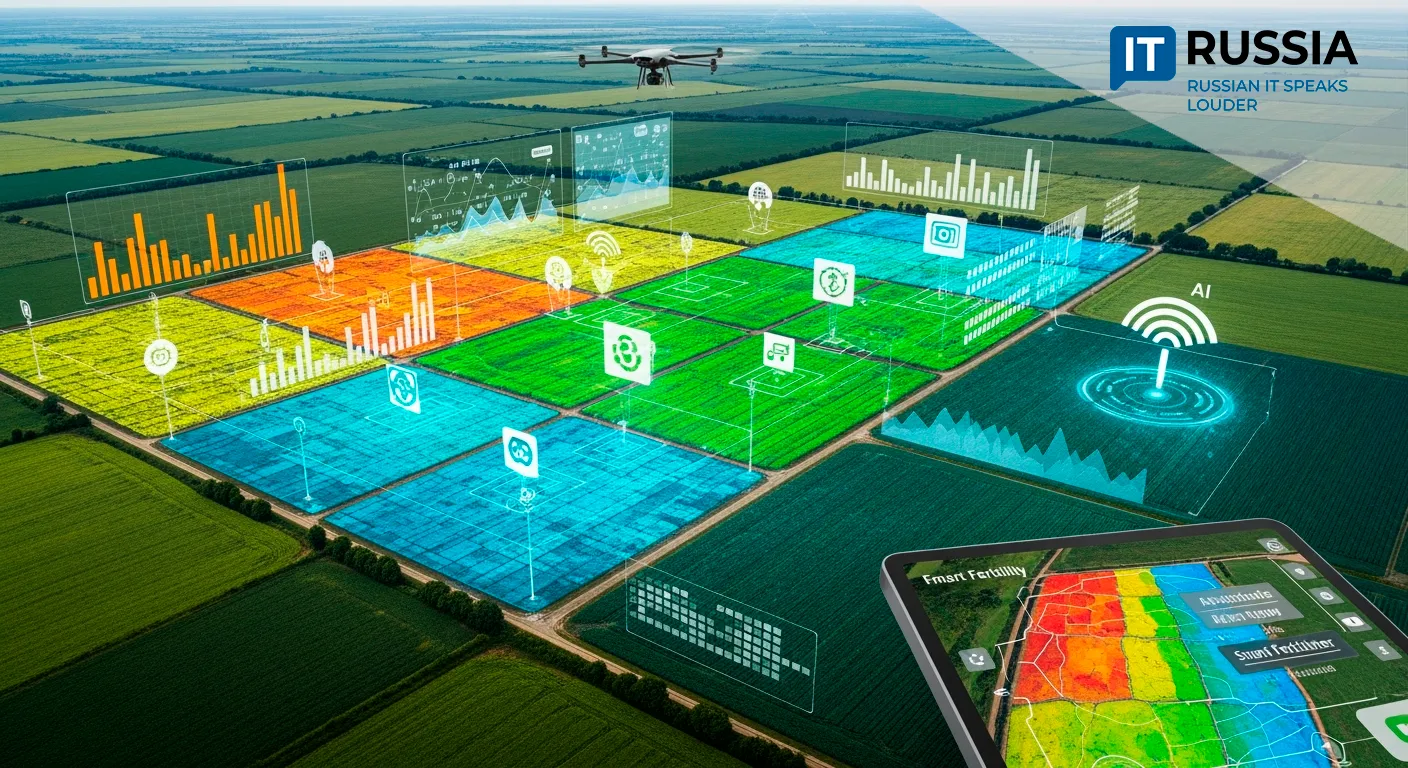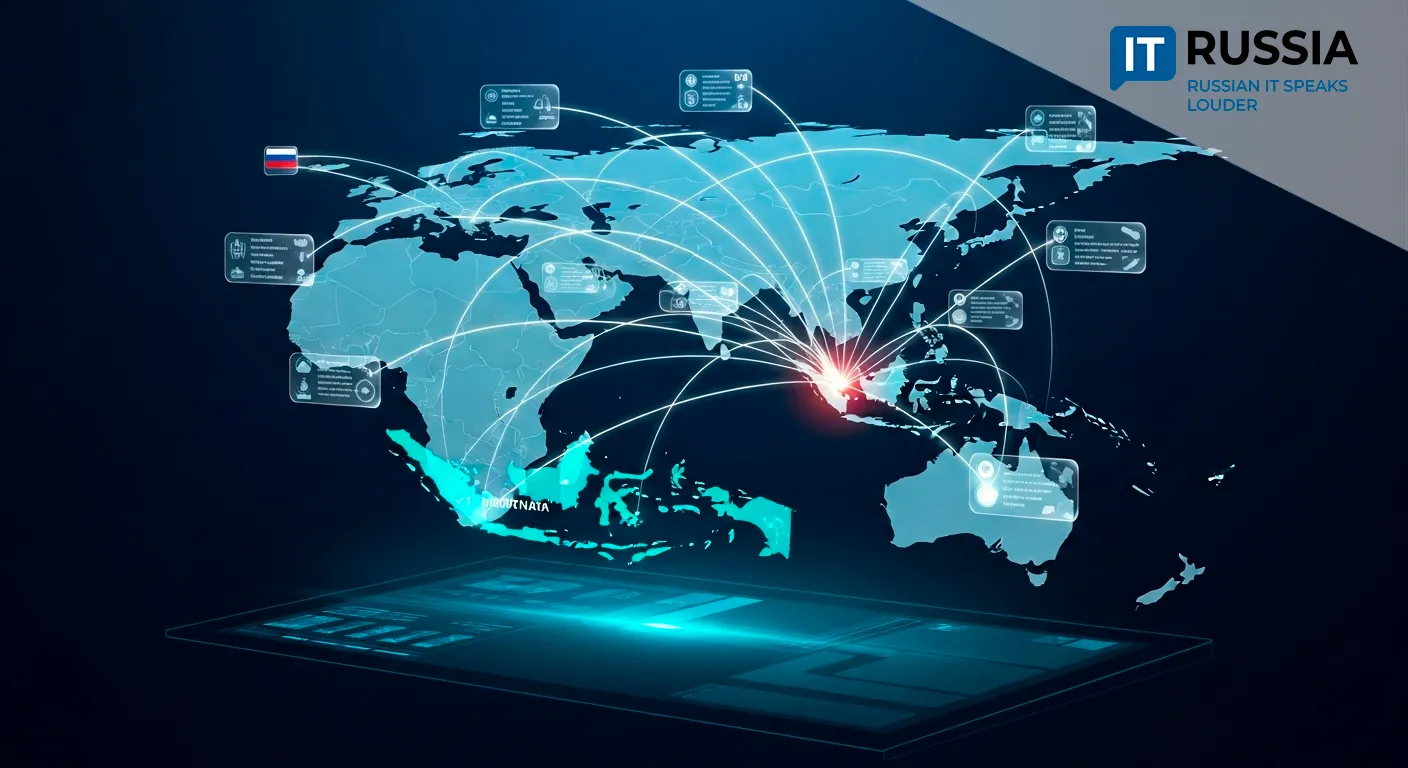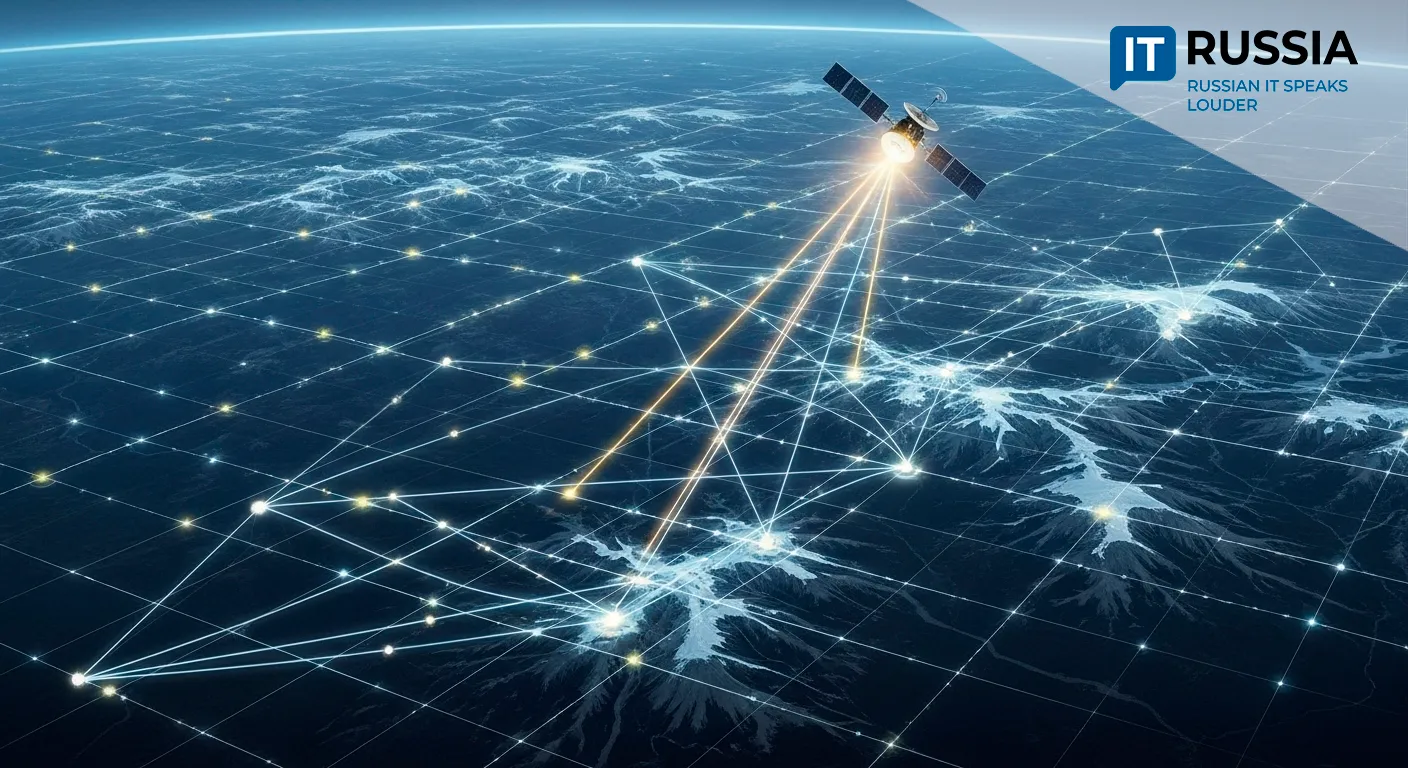Russia’s Telecom Sector Enters a New Era of Digital Ecosystems
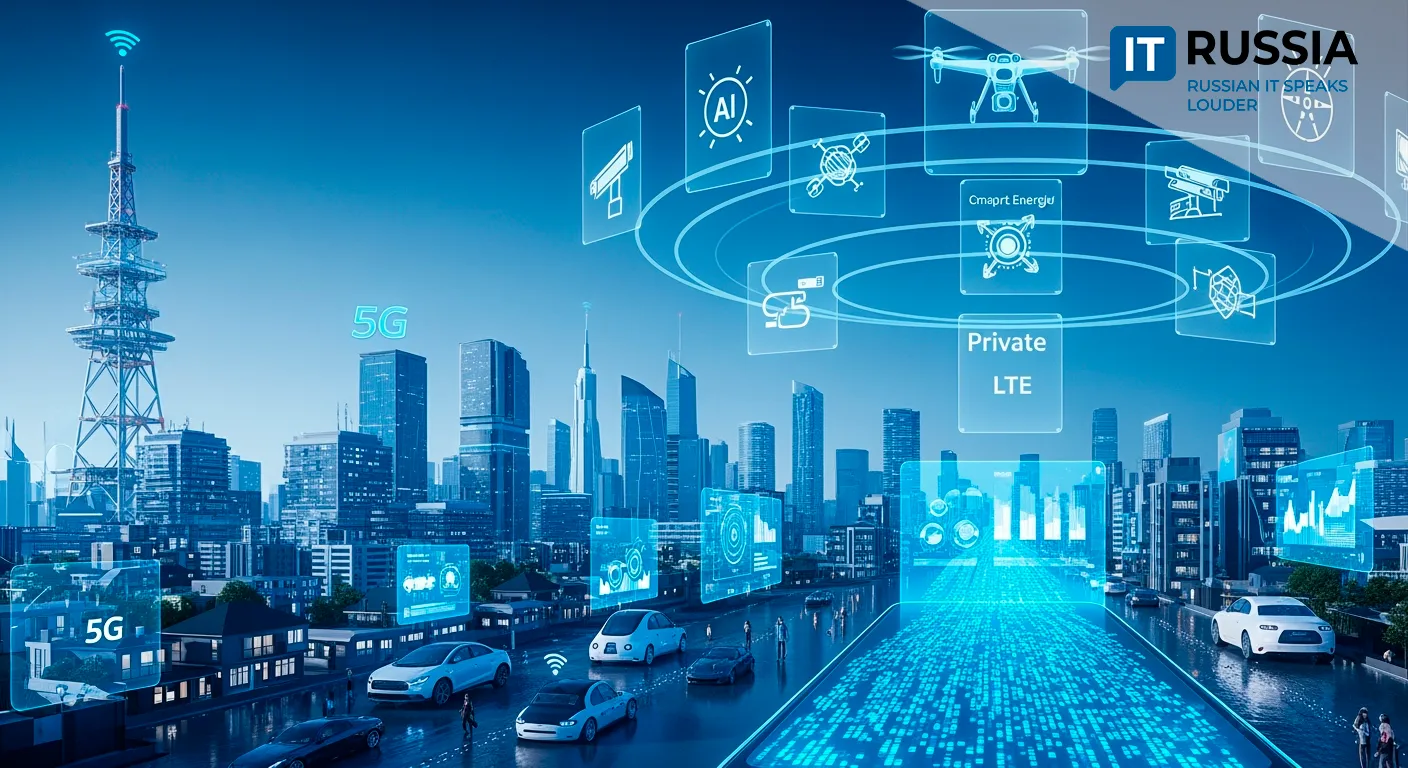
From classic connectivity to AI-driven services and 5G infrastructure, Russian telecom providers are pivoting to fully integrated digital platforms.
Beyond Minutes and Megabytes
Russia’s telecom industry is undergoing a significant transformation. Operators are shifting away from simply providing call minutes, data, and channel bundles. Instead, they are rapidly evolving into providers of full-scale digital ecosystems, offering access to streaming services, online education, smart surveillance, and more.
To support these new services, increasing bandwidth is essential. While LTE networks still meet current demand, preparations are underway to launch 5G infrastructure, seen as critical for the development of smart cities, VR systems, and telemedicine.
With data speeds up to 10 Gbps, 5G can connect and manage millions of devices. This lays the groundwork for large-scale IoT deployments. Notably, in 2018, MTS built Russia’s first nationwide LTE-based NB-IoT network. By 2022, it reached 83 regions, covering up to 90% of the potential IoT user base.

Full-scale 5G deployment is expected to begin in 2027, starting with the B2B sector. These networks are being developed exclusively with domestic equipment. For example, MTS subsidiary Irteya announced its own production of 4G and 5G base stations back in 2024.
AI Drives Service Efficiency and Smart City Expansion
Artificial intelligence is playing an increasingly important role in the telecom industry. Surveys show that roughly 70% of operators plan to integrate AI-powered chatbots and voice assistants into customer service workflows. These systems go beyond simple balance inquiries and can detect customer sentiment, rerouting frustrated callers to human agents based on tone analysis.
AI is also in high demand across enterprise services. Telecom providers are offering analytics based on population movement data—useful for retail, transport, and smart city development. From home automation to energy grid sensors, AI is now managing the full spectrum of IoT applications.

AI is also becoming key in cybersecurity. Algorithms monitor for suspicious behavior, block anomalies, and mitigate fraud. Deepfake detectors are under development to secure video calls from impersonation attacks.
Private LTE Networks Expand Across Russia
Russia is seeing rapid adoption of private LTE networks, designed for isolated connectivity within specific organizations. In these setups, all components—from sensors to command centers—operate within a closed network environment.
As of late 2024, approximately 40 commercial private LTE networks were operational in Russia. MTS led the market with 19 deployments, followed by MegaFon with 9 and Rostelecom with 7.

Global Demand and Sovereign Infrastructure
Russian telecom technologies based on NB-IoT and private LTE are gaining interest internationally, particularly in industrial sectors. The Global South represents a key market, where Russian vendors offer reliable, cost-effective alternatives to Western solutions.
Despite facing sanctions, the Russian telecom sector is pressing ahead with domestic hardware development, ensuring strategic independence. Local operators are delivering services on par with global leaders—streamlining life for both consumers and enterprise clients.












